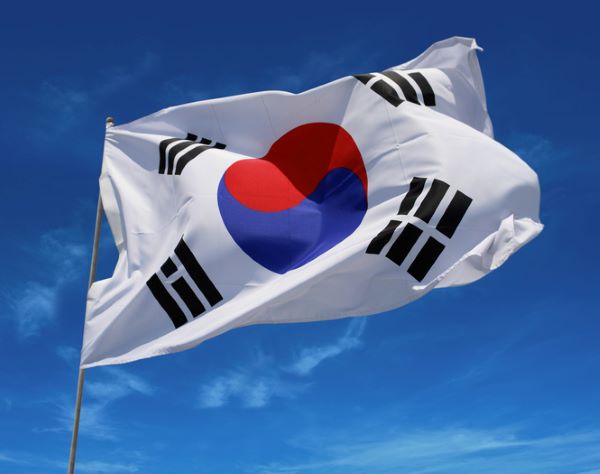South Korea has unveiled the "K-Steel Act," a comprehensive legislative proposal backed by 106 lawmakers from both ruling and opposition parties, according to local media reports. The bill is supposed to aim to rescue the country's steel industry from mounting pressures including a 50 percent US tariff and competition from low-cost Chinese imports.
Economic significance under threat
South Korea's steel sector contributes 4.8 percent of national output and supports over 430,000 jobs, making it a cornerstone of the manufacturing economy. However, the industry faces unprecedented challenges from global carbon neutrality requirements, cheap Chinese steel, and high international tariffs.
Lawmakers warn that, without action, a weakening steel industry could damage South Korea's broader industrial ecosystem, affecting sectors from shipbuilding to electric vehicle development.

International trade pressures
Despite the recent South Korea-US trade improvements reducing most tariffs to 15 percent, the US maintains its 50 percent steel tariff. The EU's Carbon Border Adjustment Mechanism, launching next year, will impose additional costs on South Korean steelmakers unless they rapidly decarbonize.
Comprehensive policy framework
The K-Steel Act establishes a presidential committee to develop five-year master plans for the industry. Key provisions include:
Financial support: The bill offers subsidies, low-interest loans, tax breaks, and production cost assistance for companies investing in hydrogen-based and low-emission technologies.
Green steel zones: Designated areas with streamlined permitting and regulatory processes to encourage sustainable steel innovation.
Trade defense: Strengthened measures including stricter rules of origin, import restrictions on low-quality steel, and expanded government authority to counter unfair trade practices.
Government intervention: Authorization for financial and regulatory support during industry restructuring, including temporary antitrust exemptions for necessary mergers.